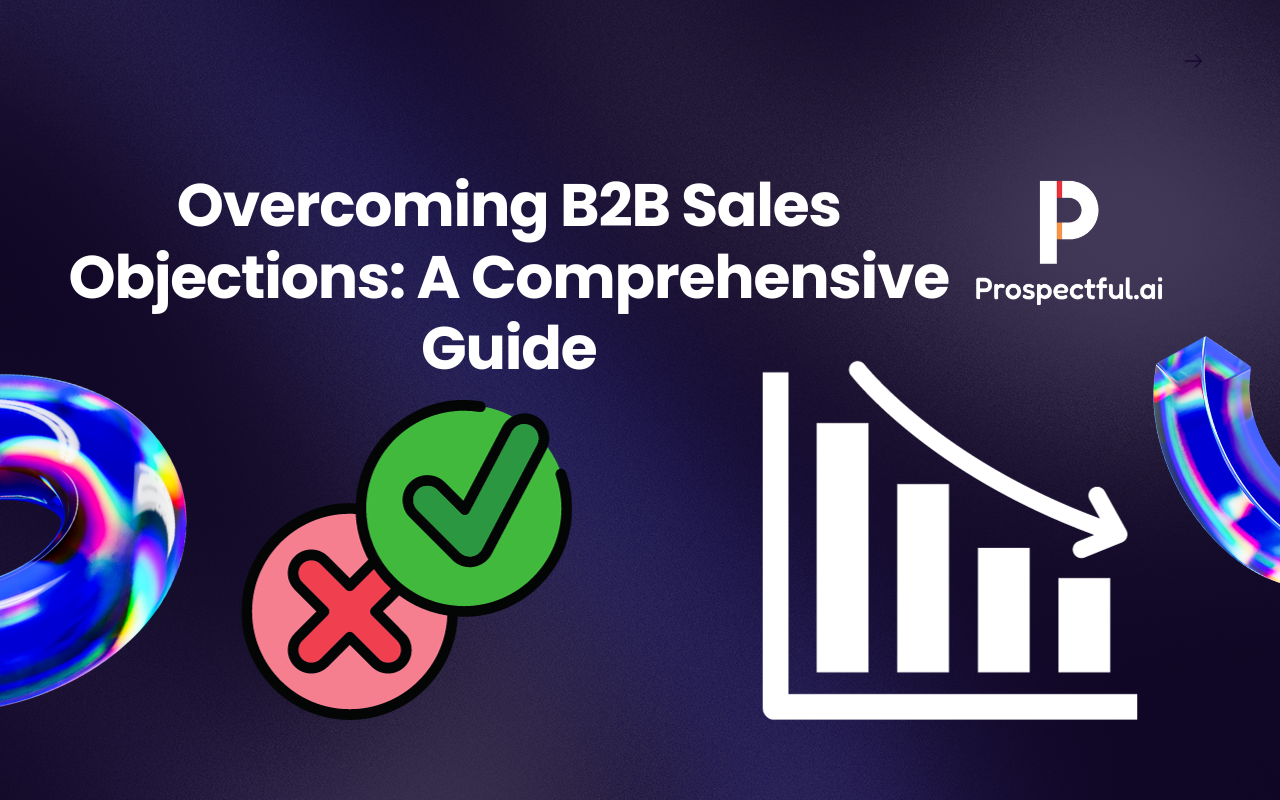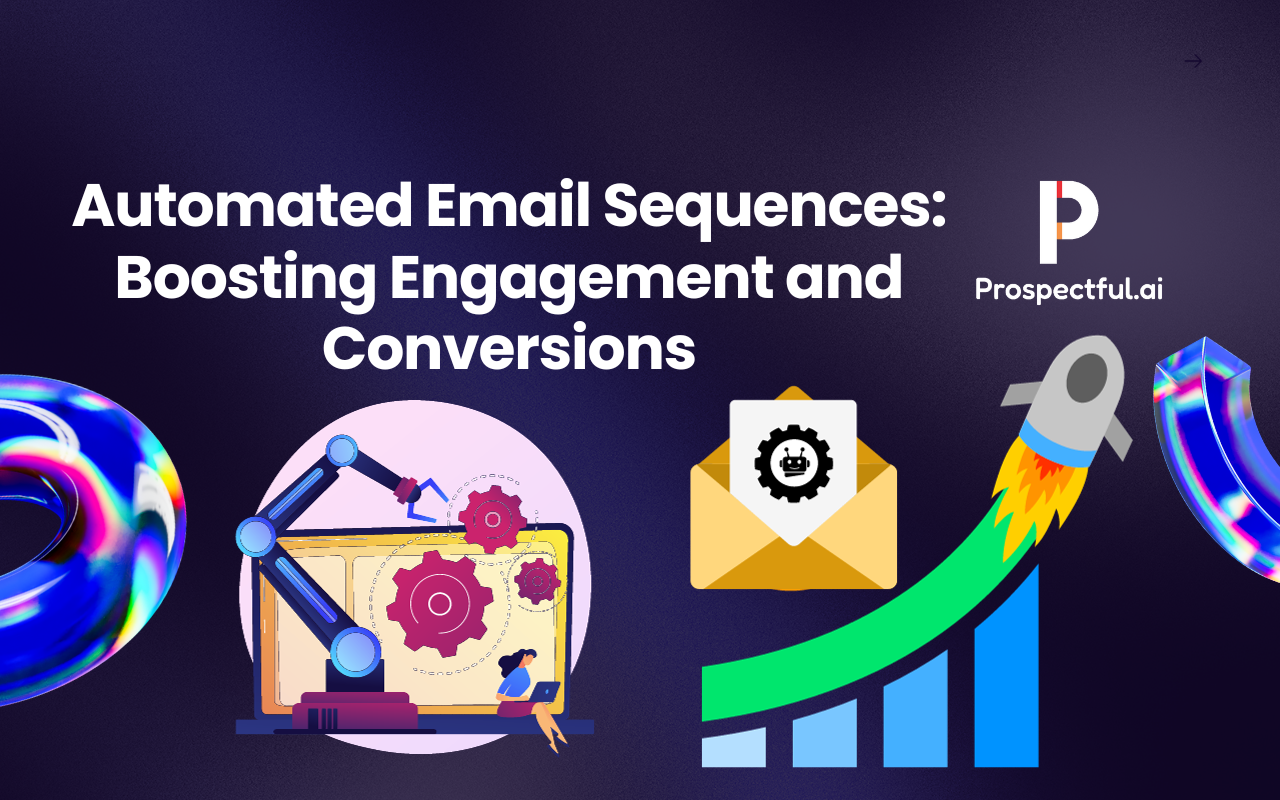In the ever-evolving business world, staying ahead of the curve is a challenge every B2B company faces. That’s why, in today’s world, we use AI in B2B sales.
One of the most significant advancements in recent years is the use of Artificial Intelligence (AI) in various aspects of business operations.
One area where AI has shown immense potential is in closing deals, especially for B2B companies.
The Power of AI in B2B Sales
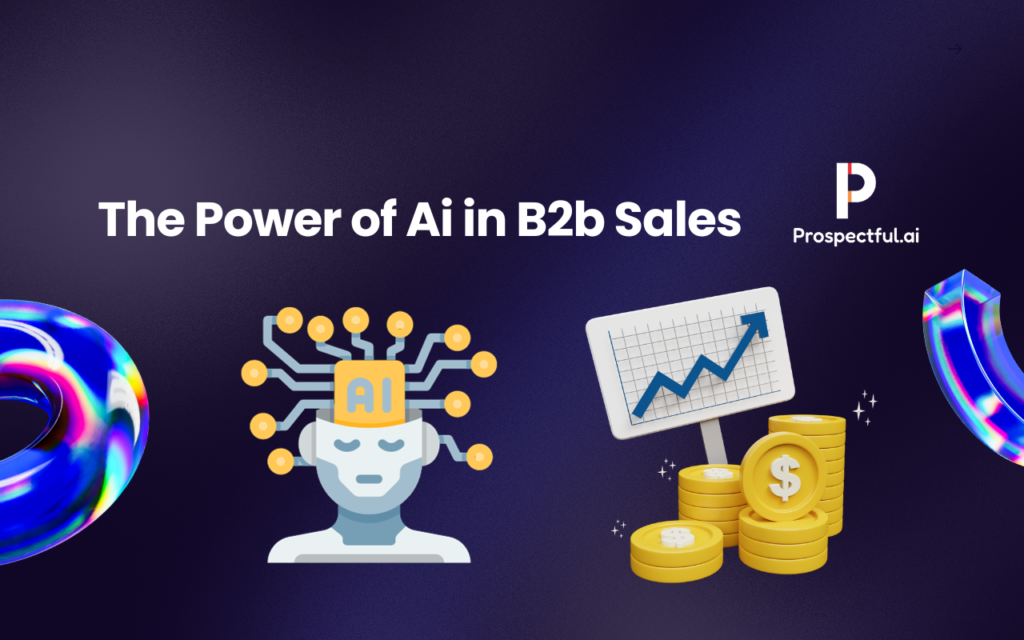
AI has the ability to analyze vast amounts of data quickly and accurately. This capability is particularly useful in identifying potential leads and understanding customer behavior.
By leveraging AI, businesses can predict which prospects are most likely to convert, allowing sales teams to focus their efforts on these high-potential leads.
Moreover, AI can provide insights into the buying behavior and preferences of potential clients.
It can analyze past interactions, social media activity, and other relevant data to create a comprehensive profile of each lead.
This information can be used to tailor sales pitches and proposals to match the specific needs and interests of each prospect.
Streamlining the Sales Process with AI

AI can also streamline the sales process by automating repetitive tasks. This includes tasks like sending follow-up emails, scheduling meetings, and updating CRM systems.
By automating these tasks, sales teams can spend more time on strategic activities like building relationships with clients and closing deals.
Furthermore, AI can help in prioritizing tasks and managing time effectively.
It can analyze the workload and suggest an optimal schedule for each sales team member.
This ensures that high-priority tasks are not neglected and that each lead is given adequate attention.
Enhancing Customer Experience with AI
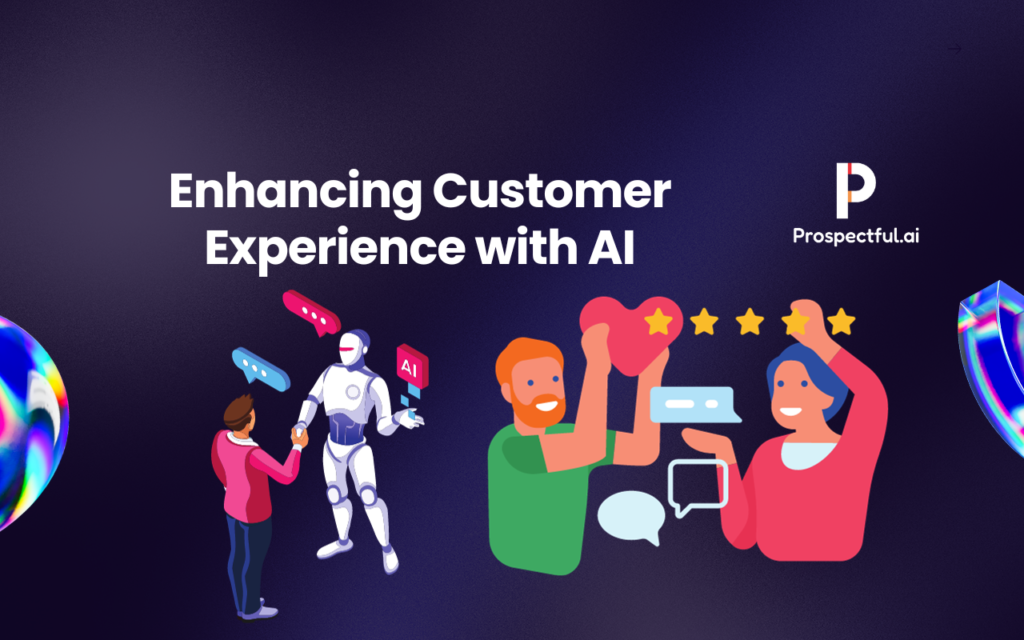
AI can enhance the customer experience by providing personalized recommendations based on past interactions and preferences.
This level of personalization can help build stronger relationships with clients, leading to increased customer loyalty and higher conversion rates.
In addition, AI can provide real-time assistance to customers through chatbots and virtual assistants.
These tools can answer customer queries instantly, provide product recommendations, and even assist in placing orders.
This not only improves the customer experience but also reduces the workload on the sales team.
Speaking of customer experience, we got featured by DesignRush. It’s a B2B marketplace that connects businesses with professional agencies.
It provides a platform that ranks the best agencies around the world, allowing users to search for a top partner firm by area of expertise, team members, leadership, clients, reviews, testimonials, portfolios, prior work, pricing structure, cost, and more.
The Future of Sales with AI
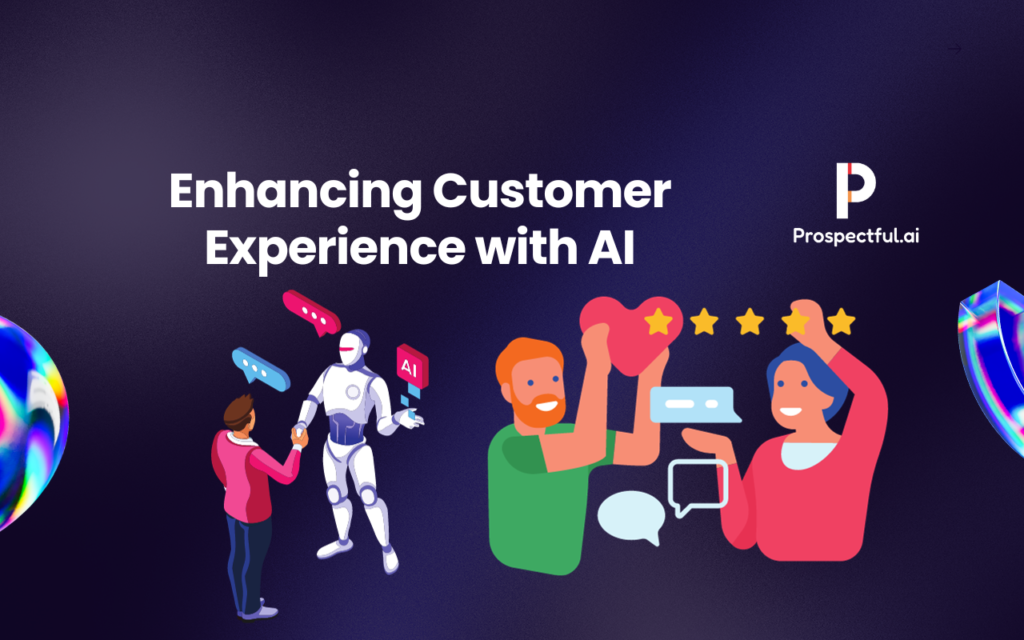
The use of AI in sales is not just a trend; it’s the future. As AI technology continues to evolve, its impact on sales will only increase.
Businesses that adopt AI early will have a competitive advantage in the market.
In fact, according to a report by Salesforce, high-performing sales teams are 4.9 times more likely to use AI than their underperforming counterparts. This clearly shows that AI is integral to successful sales strategies.
For more strategies like these, you can check our resources page. We cover topics like fine-tuning B2B messaging, using AI to automate email sequences and many more!
FAQs – AI in B2B Sales
1. How does AI identify potential leads?
AI uses machine learning algorithms to analyze data from various sources like social media, website interactions, and CRM systems. It identifies patterns and trends in this data to predict which prospects are most likely to convert.
2. Can AI replace human salespeople?
While AI can automate certain tasks, it cannot replace the human touch that is often necessary in sales. AI should be seen as a tool that can assist salespeople, not replace them.
3. How does AI enhance customer experience?
AI can analyze customer behavior and preferences to provide personalized recommendations. This level of personalization enhances the customer experience by making interactions more relevant and engaging.
4. Is it difficult to implement AI in my sales process?
The implementation process will depend on your current systems and processes. However, many AI tools are designed to integrate seamlessly with existing CRM systems, making the transition smoother.
5. What if my team doesn’t have technical skills?
Most AI tools are user-friendly and do not require advanced technical skills. Additionally, many providers offer training and support to help your team get up to speed.
In conclusion, integrating AI into your sales process can be a game-changer for your business. It’s an investment that can deliver significant returns by helping you close more deals, more efficiently.


